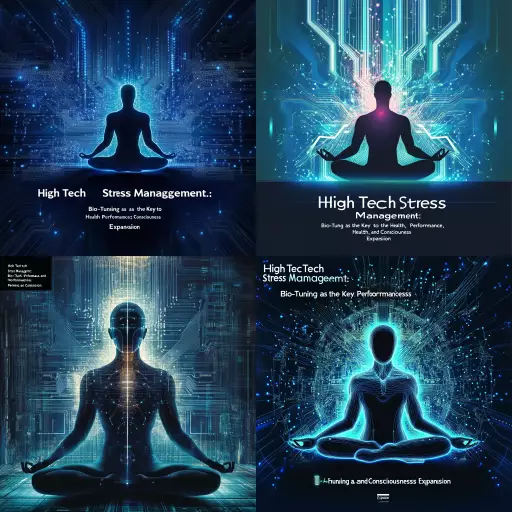Explore the Best AI Image Gallery

Beyond the Brush: AI Images in Marketing - A New Era of Creative Potential
The world of marketing is on the cusp of a significant transformation, driven by the emergence of artificial intelligence (AI) image generation. This technology, capable of producing stunning and unique visuals at an unprecedented pace, has ignited both excitement and apprehension within the creative industry.
A Revolution in Visual Content Creation
AI image generators, powered by complex algorithms and vast datasets, can create a wide range of imagery from photorealistic scenes to abstract art. Marketers are increasingly leveraging this technology to produce compelling visuals for advertising campaigns, social media content, product mockups, and even personalized marketing materials.
Potential Uses in Marketing
- Dynamic Advertising: AI can generate visuals that adapt to user preferences, demographics, or real-time events, creating highly targeted and engaging ads.
- Personalized Content: Imagine product recommendations visualized as unique images tailored to each customers style and interests.
- Content Generation at Scale: Marketers can create a vast library of visuals quickly and cost-effectively, overcoming the limitations of traditional design workflows.
- Enhanced Storytelling: AI can generate images that perfectly capture the narrative essence of a brand or campaign, adding a new dimension to storytelling.
The Ethical Landscape
While the potential benefits are undeniable, the rise of AI image generation also raises several ethical concerns:
Copyright and Ownership:
Who owns the copyright to AI-generated images? The creator of the algorithm, the user who prompts the AI, or the AI itself? This legal gray area needs clarification.
Bias and Representation:
AI algorithms are trained on massive datasets that can reflect societal biases. This can lead to the generation of images that perpetuate harmful stereotypes or lack diversity.
Misinformation and Deepfakes:
The ability to create highly realistic fake images poses a serious threat to truth and accountability.
Navigating the Future
As AI image generation technology continues to evolve, its crucial to establish ethical guidelines, promote transparency, and ensure responsible use. Marketers must consider the potential impact of AI on their brand reputation and strive for authenticity in their visual content.
Future Trends:
- Increased Personalization: AI will generate even more tailored visuals based on individual user data and preferences.
- Interactive Images: Imagine images that respond to user input, creating dynamic and engaging experiences.
- AI-Assisted Creativity: AI will act as a powerful tool for human artists, enhancing their creative process and enabling them to explore new possibilities.
The integration of AI image generation into marketing presents both exciting opportunities and complex challenges. By embracing ethical considerations and fostering responsible innovation, we can unlock the full creative potential of this transformative technology.
